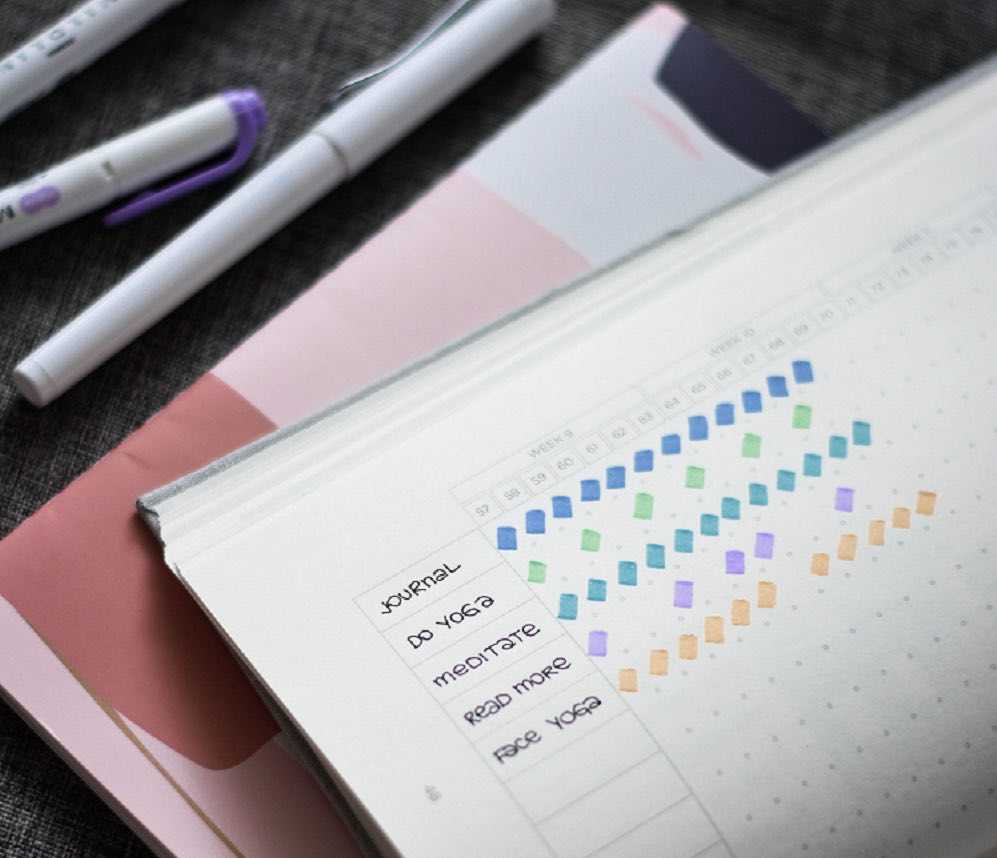How to Build Credit History (Even If You're Starting From Scratch)
If you're wondering how to build credit history, you're not alone. An estimated 28 million Americans have no credit history with a major credit bureau. Without adequate credit history, it’s harder to qualify for a credit card, car loan, or even rent an apartment. The good news? You can potentially start building credit history quickly, even if you’re starting from scratch. Here’s how to potentially do it, step by step.

Step 1: Open an Account That Reports to All 3 Credit Bureaus
To build credit, you need to have a credit account in your name that gets reported to one of the major credit bureaus: Equifax, Experian, and TransUnion. If you don’t qualify for a traditional credit card yet, try one of these starter options instead:
1. Get a Secured Credit Card
Secured credit cards are potentially one of the fastest ways to build credit history. Secured credit cards require you to put down a refundable deposit, and your spending limit matches that deposit. For example, a $500 deposit gives you a $500 limit. Use it like a regular card and pay on time; your positive payment history helps build credit.
2. Become an Authorized User
A family member or friend with good credit history can add you as an authorized user on their card. You’ll piggyback on their payment history, which can potentially help build your own credit history. However, the primary account holder is responsible for all payments, and their credit score can take a hit if payments are late or missed.
3. Apply With a Co-Signer
If someone with good credit history is willing to co-sign on a credit card or loan for you, it can increase your chances of getting approved for a credit card or loan. Co-signers are equally responsible for any debt, so communicate the situation clearly with them before applying.
4. Try a Credit-Builder Loan
A credit-builder loan holds your borrowed money in an account until you’ve repaid it. Typically, your money will be held in a savings account or CD. This money is held as collateral–you will not be able to access it until the loan is repaid. Your payment history on this loan gets reported to the bureaus, helping you establish credit from the ground up. Just make sure the lender reports to all three bureaus and check out any interest and/or fees before applying.
5. Sign up for Boost Money™
Boost Money™ is an all-in-one app that features cash advances, a credit builder card, and an industry-leading savings APY (annual percentage yield).* Responsible use of the secured Boost Money™ Card is reported to all three major credit bureaus, allowing you to build credit.
Step 2: Build Credit History with These Habits
Once you’ve opened a credit card or loan account, your next move is to build your credit history. Start with a few of these healthy money tips that can help get your credit on track.
Pay on Time, Always
Payment history is the most important factor that impacts your credit score the most, according to FICO. Even one late payment can hurt your credit score. Try your best to make on-time payments whenever you can.
Pro tip: Set up auto-pay or payment reminders to stay on track.
Keep Your Credit Utilization Low
Credit utilization measures the balances you owe on your credit cards relative to the cards’ credit limits. Your credit utilization ratio is a major factor in determining your credit score.
Tip: Try to keep your ratio as low as possible to protect your credit score.
Don’t Open Too Many Accounts at Once
Each application for a loan or a credit card can create a hard inquiry and can lower your score slightly. Submitting multiple applications in a short time will likely result in multiple credit inquiries, which can impact your credit score temporarily.
Tip: Stick to one new account at first and keep your oldest card open to help lengthen your credit history.
Step 3: Monitor Your Credit Progress
Regularly checking your credit score helps you track your progress and catch errors early. Tools like Upgrade’s Credit Health Monitoring offer free credit score monitoring, personalized insights, and tips to build your credit.
Start Building Credit History Today
Whether you're starting from zero or trying to build credit history, these steps will put you on the right track:
- Open a loan or traditional credit card account that reports to the three major credit bureaus, like Boost Money™ Card^
- Use credit cards responsibly by paying on time and keeping your credit utilization low
- Monitor your credit score and adjust your habits as needed
Want help building your credit history? Sign up for Upgrade's free Credit Health tool to access your credit score, get personalized insights, and find credit health tips that can actually move the needle. Learn more about Boost Money™ and apply today.
*The Boost Money™ Card requires a Boost Money™ Spend account, a deposit account with funds held as security for the Boost Money™ Card. Credit Lines feature an Annual Percentage Rate (APR) of 0.00% and a single 1 month repayment term and are subject to verification and approval. Your line is determined by the amount deposited into your Boost Money™ Spend account. At your option, repay your transactions each month with your Boost Money™ Spend account funds. For example, a $100 card purchase with a 1 month term and a 0% APR has a required single installment payment of $100. There is no fee to use an AllPoint® ATM. ATM withdrawals outside the AllPoint® ATM network are subject to a $2.50 per withdrawal fee, which will increase your finance charge and APR. The Boost Money™ Card is unique in that it allows you to obtain a series of closed-end loans which you may access through transactions such as card purchases up to your line amount. The Boost Money™ Card is not available in all states.
^Add funds to your Boost Money™ Spend account, and spend up to the available balance with Boost Money™ Card. We'll report on-time payments to the three major credit bureaus (Transunion®, Experian®, and Equifax®) to help you build credit over time. Late payments, delinquencies or other derogatory activity on this account or your other credit card accounts and loans may adversely impact your ability to build credit


